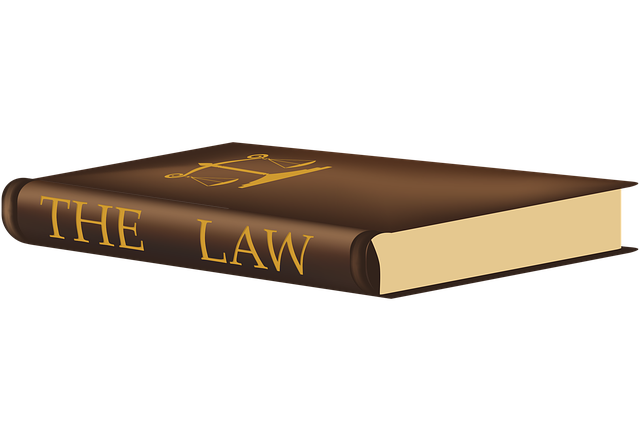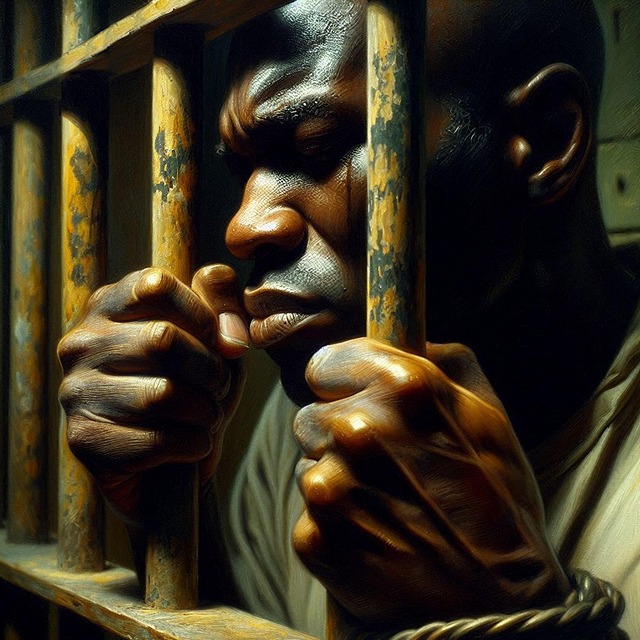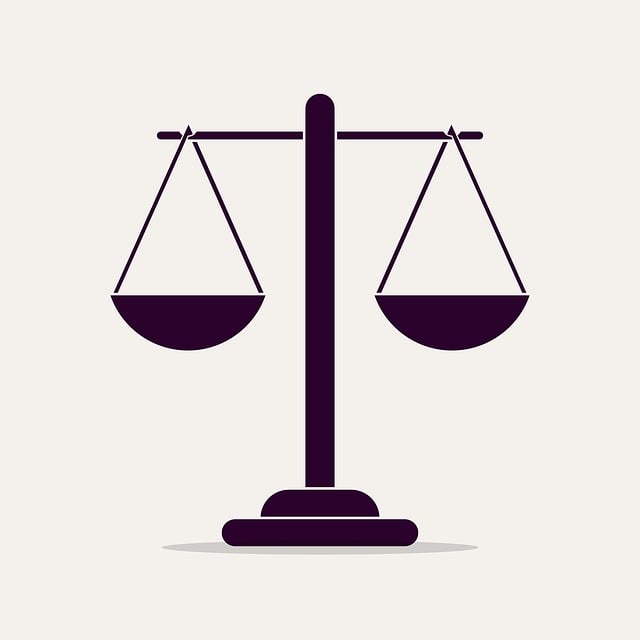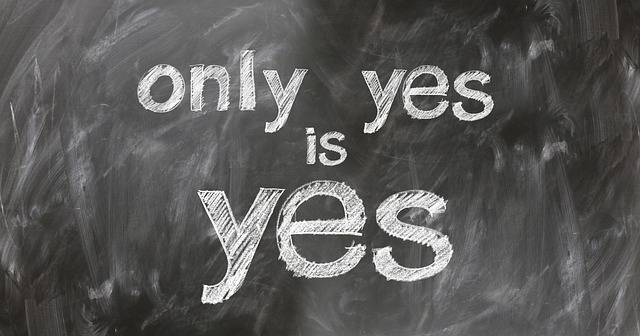Environmental Crime Trials involve a complex interplay of environmental law, criminal procedure, and Navigating Complex Securities Litigation Regulations. Legal experts must understand ecological impacts and governing frameworks to prove criminal intent and assess damages. High-profile cases set precedents for future prevention. Success requires meticulous examination of regulatory compliance, scientific evidence, and financial transactions, shaping environmental protection standards globally through international cooperation.
“Environmental Crime Trials: Uncovering Eco-Offenses and Their Impact
This article explores the intricate world of environmental crime trials, delving into the legal complexities that arise from these heinous acts. We examine ‘Navigating Complex Securities Litigation Regulations’ as a critical aspect of holding perpetrators accountable. From understanding the legal perspective to identifying key players and international cooperation, each section reveals strategies to tackle eco-crimes effectively. Prepare to explore a symphony of environmental justice, where every note resonates with regulatory precision.”
- Understanding Environmental Crime Trials: A Legal Perspective
- Complex Securities Litigation: Navigating Regulatory Hurdles
- Key Players and Evidence in Eco-Crimes Proceedings
- International Cooperation: Tackling Transnational Environmental Crimes
Understanding Environmental Crime Trials: A Legal Perspective

Environmental Crime Trials represent a complex intersection of environmental law, criminal procedure, and securities litigation regulations. Navigating this landscape requires a deep understanding of both the specific ecological impacts at issue and the legal frameworks governing them. In recent years, these trials have gained prominence due to increasing awareness of white collar and economic crimes related to environmental degradation, with high-profile cases sending strong messages about accountability.
The prosecution of environmental crimes involves intricate legal strategies focusing on proving criminal intent and assessing damages. For his clients facing such charges, securing a complete dismissal of all charges is the ultimate goal. This often necessitates rigorous examination of regulatory compliance, scientific evidence, and the nuances of financial transactions to demonstrate that no illegal activities occurred or that harm was unintentional. The outcome of these trials not only affects the immediate parties but also sets precedents for future cases, shaping how we address and prevent environmental crimes.
Complex Securities Litigation: Navigating Regulatory Hurdles

Navigating Complex Securities Litigation Regulations presents a unique challenge for legal professionals. Environmental crime trials often involve intricate financial transactions and regulatory compliance issues that demand meticulous attention to detail. Defendants facing charges must understand the web of laws and guidelines governing their industry, ensuring they adhere to all necessary protocols to avoid legal pitfalls.
A robust general criminal defense strategy is paramount in these cases. Legal teams must be adept at interpreting complex regulations and presenting compelling arguments for a complete dismissal of all charges or, alternatively, achieving winning challenging defense verdicts. Success lies in thoroughly examining the evidence, identifying regulatory loopholes, and crafting a strong narrative that defends against accusations while upholding the integrity of environmental protection standards.
Key Players and Evidence in Eco-Crimes Proceedings

Navigating Complex Securities Litigation Regulations plays a pivotal role in Environmental Crime Trials. Key players include prosecutors, defense attorneys, forensic experts, and environmental scientists who collaborate to uncover and present evidence. This intricate process involves sifting through voluminous data such as financial records, corporate communications, and environmental assessments to establish culpability. Prosecutors must demonstrate that the respective business engaged in activities harming the environment with reckless disregard for regulatory compliance.
The evidence in these trials ranges from tangible (e.g., contaminated soil samples) to intangible (e.g., emails revealing intentional misreporting). White collar and economic crimes often leave a digital footprint, enabling investigators to trace financial transactions and corporate decisions across the country. This robust evidence base is crucial for securing convictions and holding individuals and corporations accountable for their environmental transgressions.
International Cooperation: Tackling Transnational Environmental Crimes

In today’s interconnected world, environmental crimes often transcend borders, requiring international cooperation to effectively combat. Navigating complex securities litigation regulations is a significant aspect of this global effort, as transnational cases involve diverse legal systems and regulatory frameworks. When dealing with issues such as pollution, illegal logging, or wildlife trafficking, achieving extraordinary results necessitates harmonized approaches.
States collaborate through international organizations and treaties to establish uniform standards and facilitate the exchange of information, expertise, and best practices. These efforts streamline the process of investigating and prosecuting environmental crimes, ensuring that perpetrators face justice regardless of their location. As a result, jury trials become powerful tools in holding individuals and corporations accountable for their actions, with the potential for complete dismissal of all charges for those who cooperate or are found innocent.
Environmental crime trials play a pivotal role in holding perpetrators accountable for ecological damage. By understanding the legal framework, navigating complex securities litigation regulations, and fostering international cooperation, these cases can lead to substantial environmental protections and justice. Key players and robust evidence are essential for successful prosecutions, ensuring that eco-crimes don’t go unpunished. As we continue to face pressing environmental challenges globally, strengthening legal mechanisms is crucial for a sustainable future.






